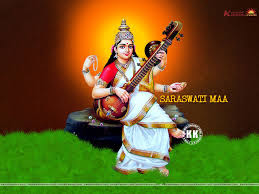What is Knowledge : Ch-5-7.
Chapter 5: Maintaining One's Position-7.
It has been felt that we have no relation to our own selves, and we must, at least, be supposed to exist in a relationless manner: "I have no relation to my own self."
In this sense one may say that one's own self is a non-relational
This is a point that is made out by deep thinkers and philosophers, and due to this feeling of theirs, they concluded that nothing in the world can be known as it is in itself unless one knows one's own self – because to try to know anything else first without a knowledge of one's own self would be to be contented merely with what is relative and not absolute.
By 'relative', we mean that which is not at all valuable in itself – it is valuable only because it is connected to something else.
The father is important because the son is a big judge or a collector; the son is important because of a relation with a vaster organisation to which he belongs; a person is important because he has some money in the treasury.
Something or other is there which keeps the person in a state of imbalance with his own self.
Imbalance is that condition where we do not stand by our own selves, and hang on something else for our existence.
This is not possible, because while on the one hand we are asking for permanent satisfaction, we seek this permanent satisfaction by means of an impermanent relationship that is the only thing possible in this world.
Swami Krishnananda
To be continued .....





Comments